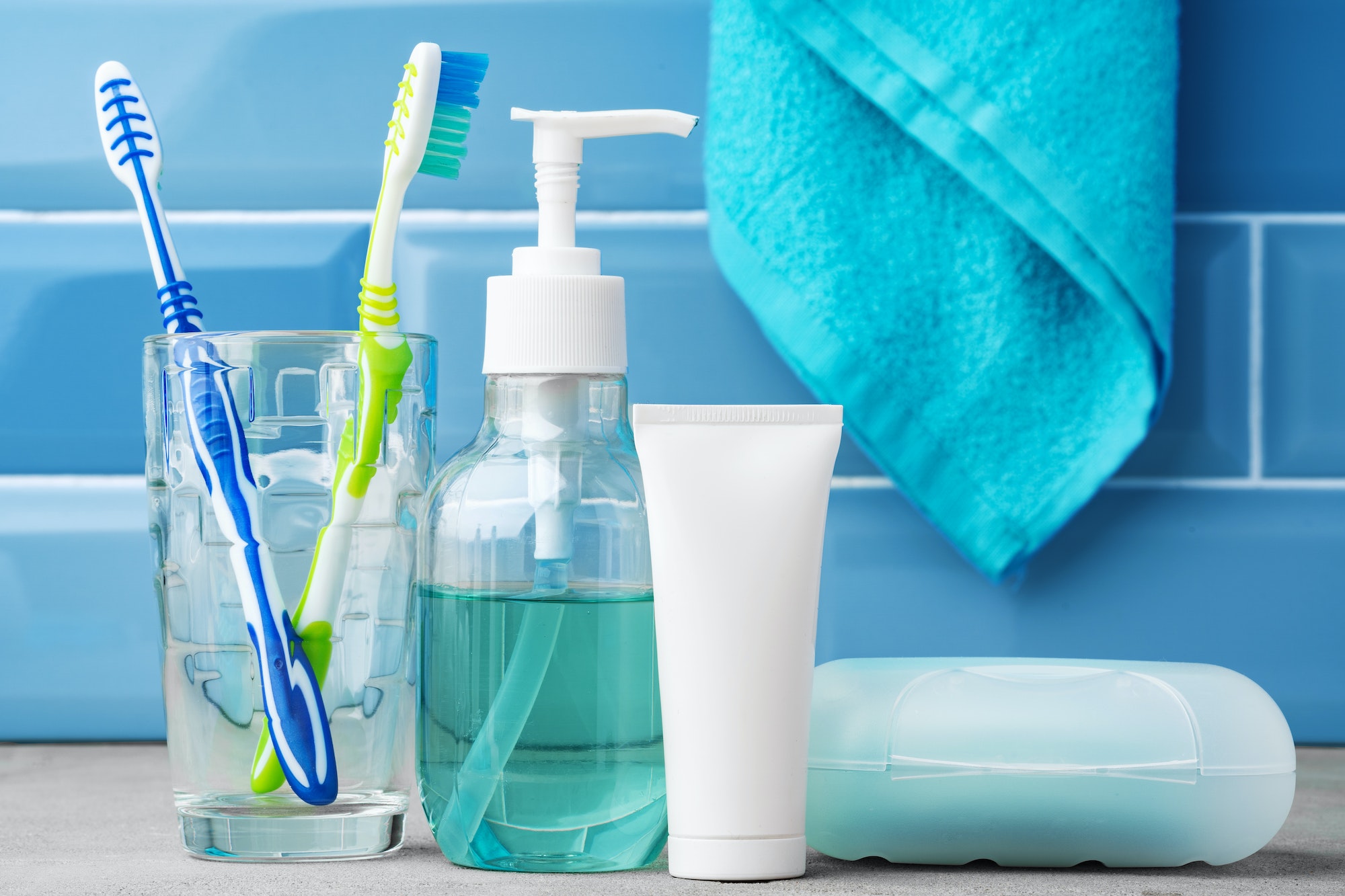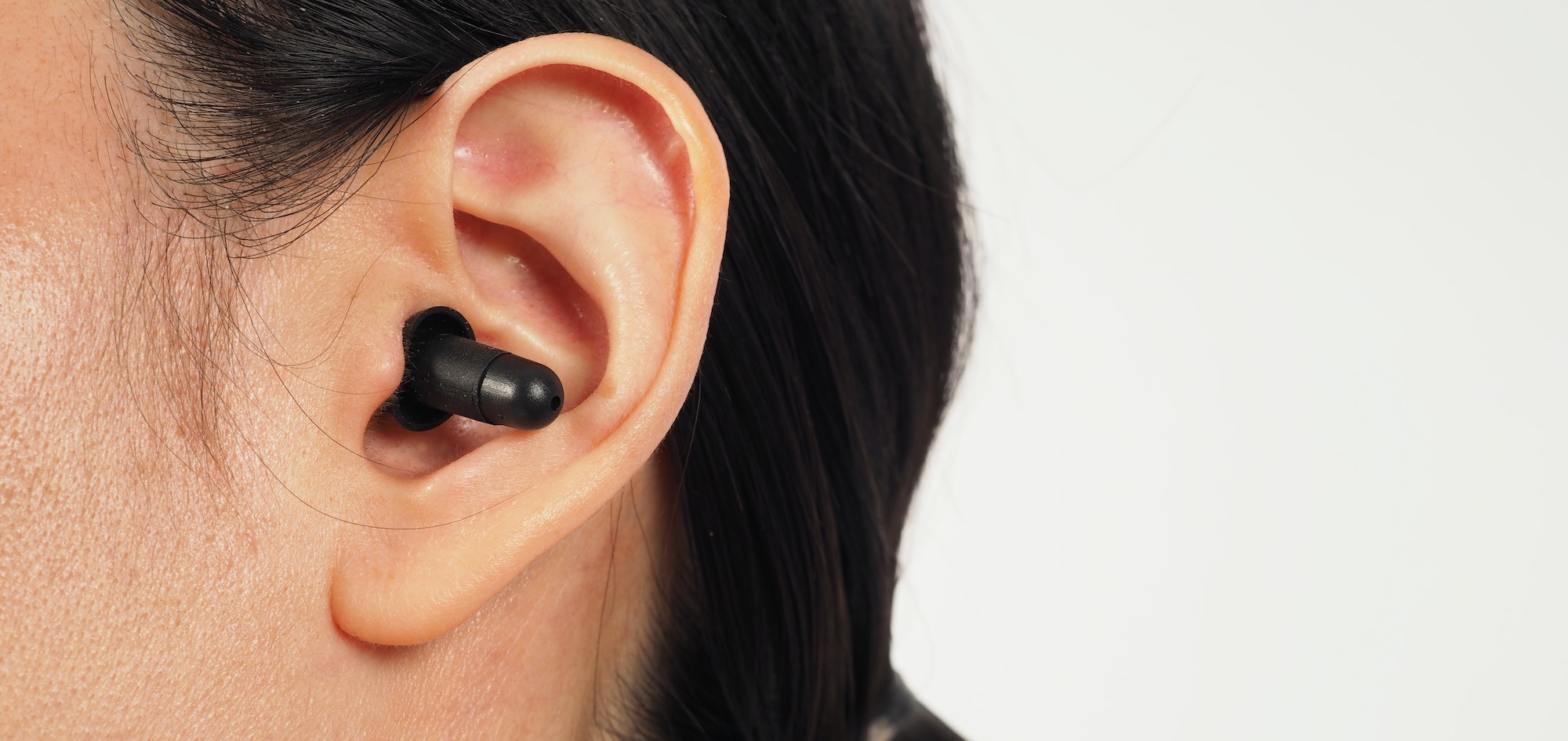Parenting
Going To The Dentist
The Importance of Dental Care
For children with autism, trips to the dentist can present a range of challenges due to sensory sensitivities, communication difficulties, and a dislike of change in routine. The unfamiliar sights, sounds, and smells of the dental office can be overwhelming, leading to heightened anxiety and meltdowns. Additionally, the physical contact involved in dental examinations and treatments may cause discomfort or sensory overload for your child.
While the challenges may seem daunting, it is important not to overlook the significance of dental care for your child with autism. Maintaining good oral health is vital for their overall well-being, as dental issues can lead to pain, infections, and difficulties in eating and speaking. A healthy mouth can positively impact their self-esteem and quality of life. By addressing these challenges head-on, you can help your child develop positive dental hygiene habits and build a foundation for lifelong oral health. Here are some strategies to make dental visits easier:

Prepare in Advance
Help your child become familiar with the dental environment by visiting the office ahead of time. Arrange a meet-and-greet with the dentist and staff, allowing your child to explore the surroundings without any pressure. Provide visual supports such as social stories or picture schedules to illustrate what to expect during the visit.

Communication & Social Stories
Clear communication is key to preparing your child for the dental visit. Use simple and concise language to explain the purpose and importance of dental care. Create a social story or visual narrative specifically tailored to your child, explaining each step of the dental visit in a positive and reassuring manner.

Sensory-Friendly Strategies
Consider discussing your child's sensory sensitivities with the dentist beforehand. Request accommodations such as a quieter waiting area, sunglasses or ear defenders to minimize overwhelming stimuli. Bring along their favorite sensory items or comfort objects to provide a sense of familiarity and security during the visit.

Desensitization Techniques
Gradual exposure to dental procedures can help reduce anxiety and increase comfort over time. Begin by practicing at-home dental care routines using a toothbrush or finger brush. Gradually introduce more aspects of a dental visit, such as opening wide or counting teeth. Celebrate small achievements along the way to reinforce positive associations.

Visual Supports & Reinforcement
Utilize visual supports during the dental visit to enhance communication. Visual schedules, reward charts, or token systems can help your child understand the sequence of events and provide motivation. Consider using their favorite toys or objects as rewards to make the experience more enjoyable.

Collaboration With Dental Professionals
Seek out dentists who have experience working with children with special needs, particularly those familiar with autism spectrum disorders. These professionals can offer valuable insights, individualized strategies, and a more empathetic approach to your child's dental care.
Guide Disclaimer
The information provided in this article is intended for general informational purposes only and should not be considered as professional advice or a substitute for medical, therapeutic, or educational guidance. Every individual’s needs are unique, and what works for one person may not work for another. It is essential to consult with qualified professionals, such as doctors, psychologists, therapists, or educators, who can provide individualized recommendations and support tailored to your specific needs.


